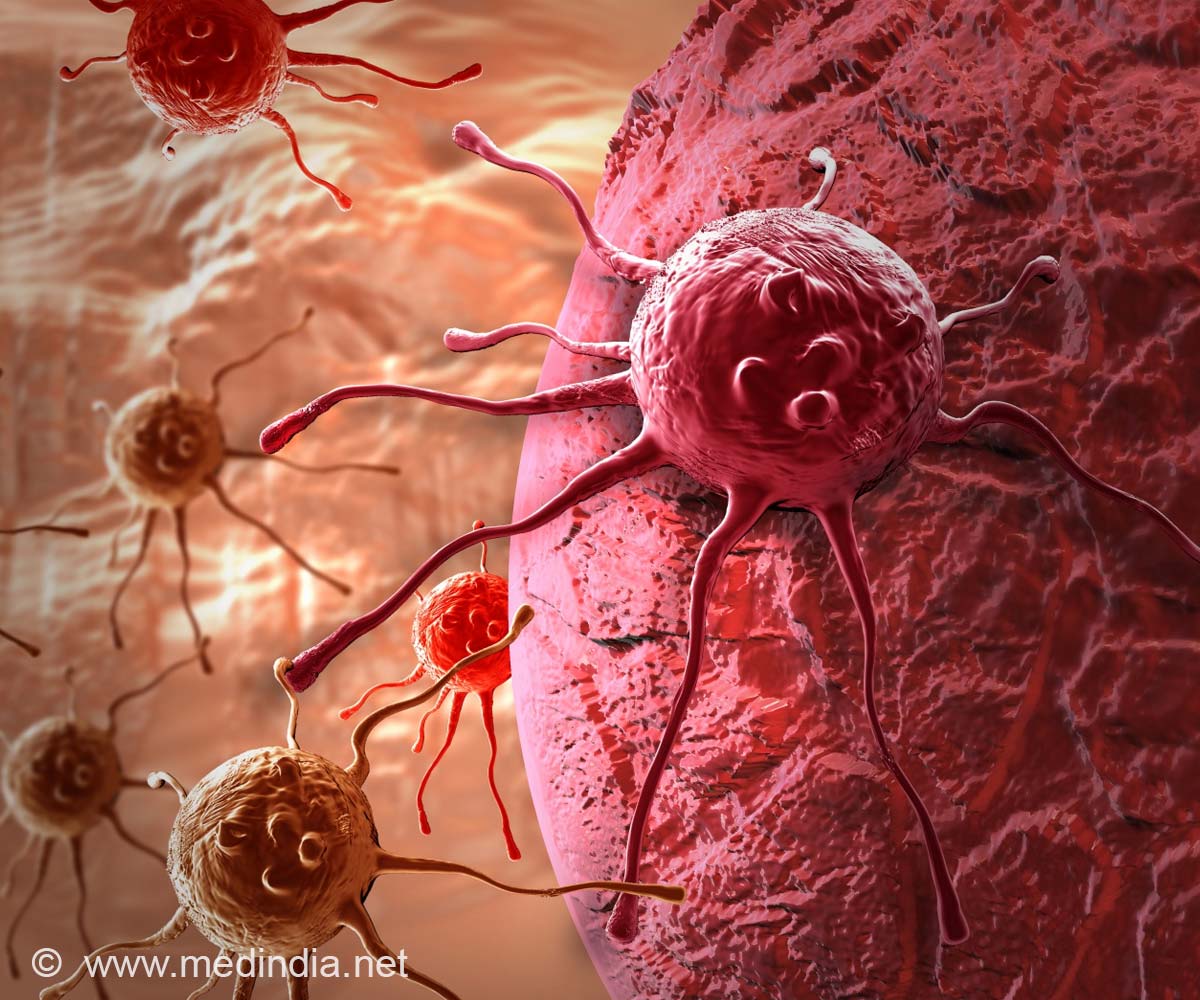Every year, nearly 2,000 people in Switzerland are diagnosed with lymphoma, a disease that can be very aggressive, resisting standard treatments.

TOP INSIGHT
Lymphoma is a disease that can be very aggressive, resisting standard treatments with chemotherapeutic drugs. Every year, nearly 2,000 people in Switzerland are diagnosed with lymphoma.
Lymphoma cells only become truly dangerous when they leave the blood vessels and multiply in the lymphatic system. 'Since they cannot survive in the blood for long, these malignant cells are compelled to find a more accommodating environment - such as the lymphatic system - where they can proliferate. We decided to focus on this Achilles heel by containing them in the blood so as to prevent any resulting harm', explains Thomas Matthes, Professor at UNIGE, Faculty of Medicine, and Doctor at HUG, who supervised the study together with Beat Imhof, Professor at UNIGE, Faculty of Medicine.
A way to prevent malignant cell circulation
The inner wall of blood vessels is formed by a layer of endothelial cells that act as a barrier, which prevents the blood cells from leaving the circulation. Yet, some lymphocytes, having mutated to become cancerous, are equipped with a specific surface marker, the JAM-C protein, also present on the surface of endothelial cells. Like a free pass, its presence on the surface of lymphoma cells facilitates their migration through the vessel walls between adjacent endothelial cells.
In order to block the effect of this protein, the scientists drew upon the immune system to develop an antibody targeting JAM-C. Named 'H225' this molecule was designed to bind solely to JAM-C. What was the effect on the lymphoma cells? By masking JAM-C, H225 was able to prevent the cells from migrating out of the blood vessels.
The H225 antibody proved itself very efficient, decreasing the transit of cancerous cells into the organs of the lymphatic system by over 50%. 'This is not its only effect, Thomas Matthes adds, H225 also significantly limited cell proliferation, even when tumor cells had already settled in the lymphatic system. In our mice, we observed the nearly-complete disappearance of already-present tumor cells in the organs.'
Source-Eurekalert
 MEDINDIA
MEDINDIA




 Email
Email







